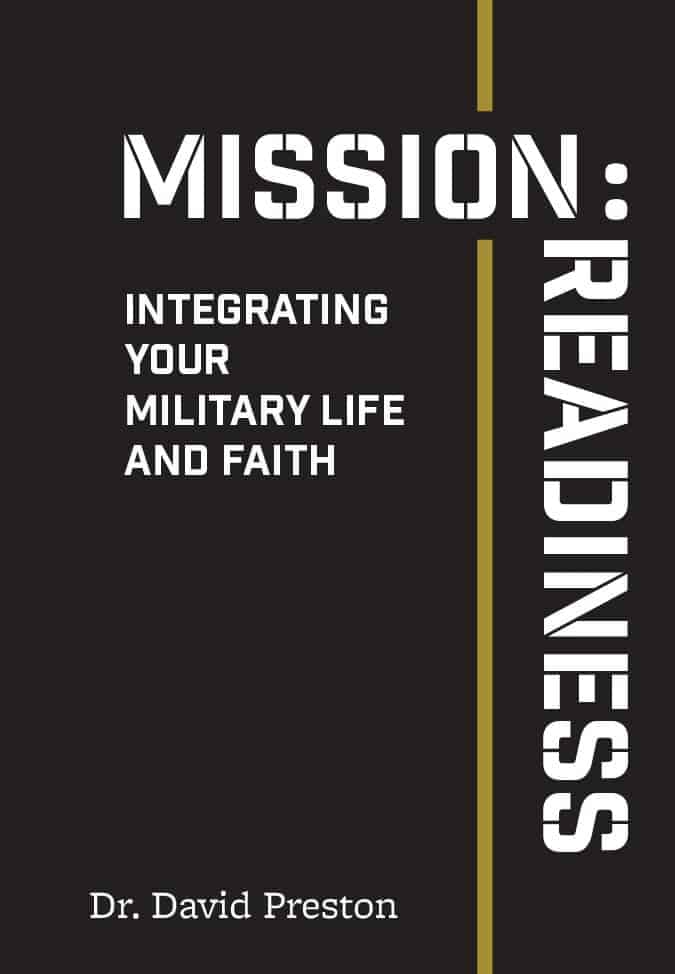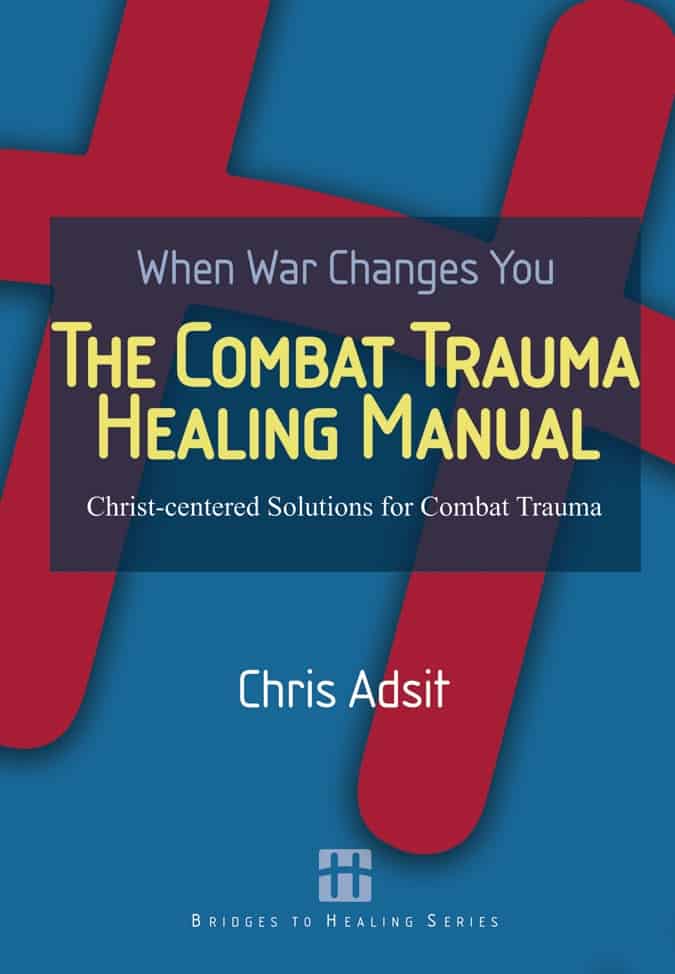What Are the Qualities of a Great Mentor?

Mentors are valuable in many areas of life, including the professional, personal and spiritual. One mentor’s influence does not have to be all-encompassing. A mentor can speak into a specific part of your life, and you may even have multiple mentors who speak into different areas or to varying degrees.
A mentor isn’t just someone who listens to your problems and offers advice. It’s someone who works alongside you, using their wider experience to invest in you personally and teach you what they know.
Why Are Mentors Important?
A mentor is someone who can help you grow in whatever area you need to grow in. A good mentor does this by providing both perspective and partnership.
Perspective
Mentors are great assets for your life. Mentors can be a sounding board for ideas and questions. They can help you map out the next steps to get you where you want to go. They can provide constructive feedback and direction when you may be heading in the wrong direction.
Why? Because a good mentor has been where you are and can help you navigate new situations. They bring a unique perspective to your circumstances that is based on experience.
When seeking a mentor, it is important to know they have experience that relates to what you are going through or where you want to go. They don’t have to match you in every respect. A mentor doesn’t have to simply be your future self. But a mentor should have common ground with you from which they can share their experience.

Partnership
Partnership is so important. In the Bible, it is clear that God doesn’t intend for you to live this life on your own but to partner with others for encouragement.
Paul and Timothy, two important leaders in the early church, are a great example of the benefits of partnering mentorship. The biblical books of 1 and 2 Timothy are Paul’s letters to Timothy.
Paul calls himself Timothy’s spiritual father and Timothy his spiritual son. Those words may seem interesting, but they are fitting for an older man who has taught and cared for a younger man. Paul was able to lead Timothy and prepare him for things that Timothy had not yet experienced.
Paul did not just teach Timothy. He equipped him to carry on where he would leave off. He prepared him to one day take the lead and train up others. That is what good mentoring does: It cares for the individual and prepares them to mentor others as well.
What Are the Qualities to Look for in a Mentor?
Many people assume a mentor will come to them, but mentoring relationships usually do not just happen. People need to be invited into them. If you would like someone to mentor you, you should look for someone with the qualities of a good mentor and invite them to partner with you. A good mentor is...
Willing
A mentor is someone open to and enthusiastic about the idea of mentoring. The most effective relationships are with two people who are willing to agree to this intentional relationship and keep that agreement.
If someone is willing (as opposed to someone who agrees reluctantly), they will be more likely to set aside time to meet and talk. They will prioritize their commitment when other things come up. They will be open with feedback and advice for your life.
For a successful mentoring relationship, both people should commit to meeting together — wherever and however often they decide — to prioritizing that commitment to the best of their ability, and to making it work.
Honest
The ideal mentor is honest. Honesty gives weight to feedback. It also develops trust, which will improve every aspect of the relationship.
Mentors should be honest in how they represent their lives and past experiences. Even if a mentor was not successful at something, the mistakes they made carry a lot of wisdom. Honesty about past failures adds a lot of depth to advice you may receive.
Honest feedback is also essential. You will not benefit from someone who will just tell you what you want to hear. You will grow when you are open to hearing from someone who will honestly and tactfully share their concerns.
Experienced
Experience is vital in a mentor. The benefit of a mentor is the experience they bring that you do not have. If they have no experience in whatever context they are mentoring you in, or if they have no more experience than you do, you would just be figuring things out together with no experience to guide you.
While experience is important, the person who is mentoring you does not necessarily need to have the exact experiences you will have. A compatible professional mentor may not have the same job title, but they will have experience working with others, navigating bosses and understanding work-life balance.
Available
Is the person available to commit to a mentoring relationship? Some may have qualities that would make them a great match for you, and they may even be very enthusiastic about the arrangement. But if it would be difficult for them to be physically or emotionally present, it might not be a good idea to commit to an ongoing mentoring relationship.
This does not mean that such a person could not periodically speak into a specific situation in your life, but an intentional mentoring relationship is not going to be fruitful unless both parties can put in the necessary time and attention.
Positive and Encouraging
Mentors need to be honest and direct, but they also need to be a positive voice. A good mentor will be encouraging even as they offer honest or difficult feedback. And an effective mentor celebrates successes.
A good mentor is someone who can see the bright side of things when you are discouraged. They can provide hope and steer you toward positive outcomes when things seem to be going poorly.
The ability to roll with the punches and take advantage of what life throws your way is another aspect of positivity. A great mentor will encourage you even when life is discouraging.
A Good Communicator
In all the ways a mentor speaks into your life, they must do so with clarity to be effective. Clear communication of advice and feedback is vital for growth. Criticism must be clearly, honestly and positively communicated to help motivate you to accomplish your goals. Mentors who communicate well do not beat around the bush or leave you wondering what they mean.
A mentor who communicates well will speak in ways that empower and embolden you. They will give feedback with action steps that help move you in the right direction. They will share constructive criticism in a way that does not shame but motivates.

A Good Listener
No one wants to be talked at. For a healthy mentoring relationship, you don’t just need advice; you need to be able to talk through things. Look for a mentor who is a good listener. In the Bible, the Book of James has some good advice when it comes to listening.
Know this, my beloved brothers: let every person be quick to hear, slow to speak, slow to anger. (James 1:19, English Standard Version)
A mentor should be able to listen well, hearing not just your words but the meaning behind them. This means not being quick to make assumptions or offer simplistic solutions. They should also be attentive to conversation and not prone to distraction.
Good listeners ask good questions. This brings clarity and helps you to think about what you are trying to communicate. Often, a good mentor will be able to lead you to answers by asking good questions instead of directly speaking into the situation.
A Person of Integrity
A mentor should be someone who is upright in their actions and who lives up to the standards they claim to live by. They should be the same person with you that they are with others or when they are alone.
People of integrity are open and honest in all situations. They treat others with the utmost respect. They own up to their mistakes. They can openly admit to being wrong and work to make it right. In all of this, a good mentor will be a model for you of what it means to have integrity.
Humble
Just as people with integrity treat everyone with the utmost respect, humble people put others’ needs before their own. They give credit where credit is due and celebrate those around them.
Humble people work to lift other people up and pursue the good of others before their own. Many leaders today just want their own success. It is so beneficial to learn from people who know how to champion others.
Patient
If you could do everything perfectly, you would not need a mentor. But life is about figuring it out, even through hardships. A good mentor can be patient with you, allowing you time to grow.
This does not mean a good mentor will just go along with whatever you are doing that is not working. But they are gracious as you make mistakes.
Patient people are not rushed or easily frustrated. They allow the time to do what needs to be accomplished. They are OK waiting for quality instead of rushing through for quick results.

What Are You Waiting For?
A mentor can have a great impact on your life. A trustworthy person providing feedback and good counsel can positively influence every aspect of your life. You are not meant to do life on our own.
One area of your life that greatly benefits from the help of someone farther along on their journey is your faith. In the Bible, Jesus models mentorship, or discipleship, to his followers and encourages them to carry on these relationships with others. That is how the early church grew all over the world.
Having a mentor will help you feel you are not in it alone. Ultimately, you are the one who is making the decisions and doing the work to accomplish your goals, but having someone who walks with you is so helpful. They can encourage you whether things are difficult or you are doing well and give perspective you may not have had on your own.
Take your time. Identify areas of your life where you might benefit from some outside perspective. Observe those in your life who have been where you are now. Reach out to someone about being a part of your journey.















